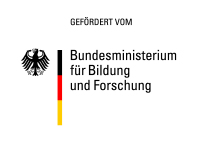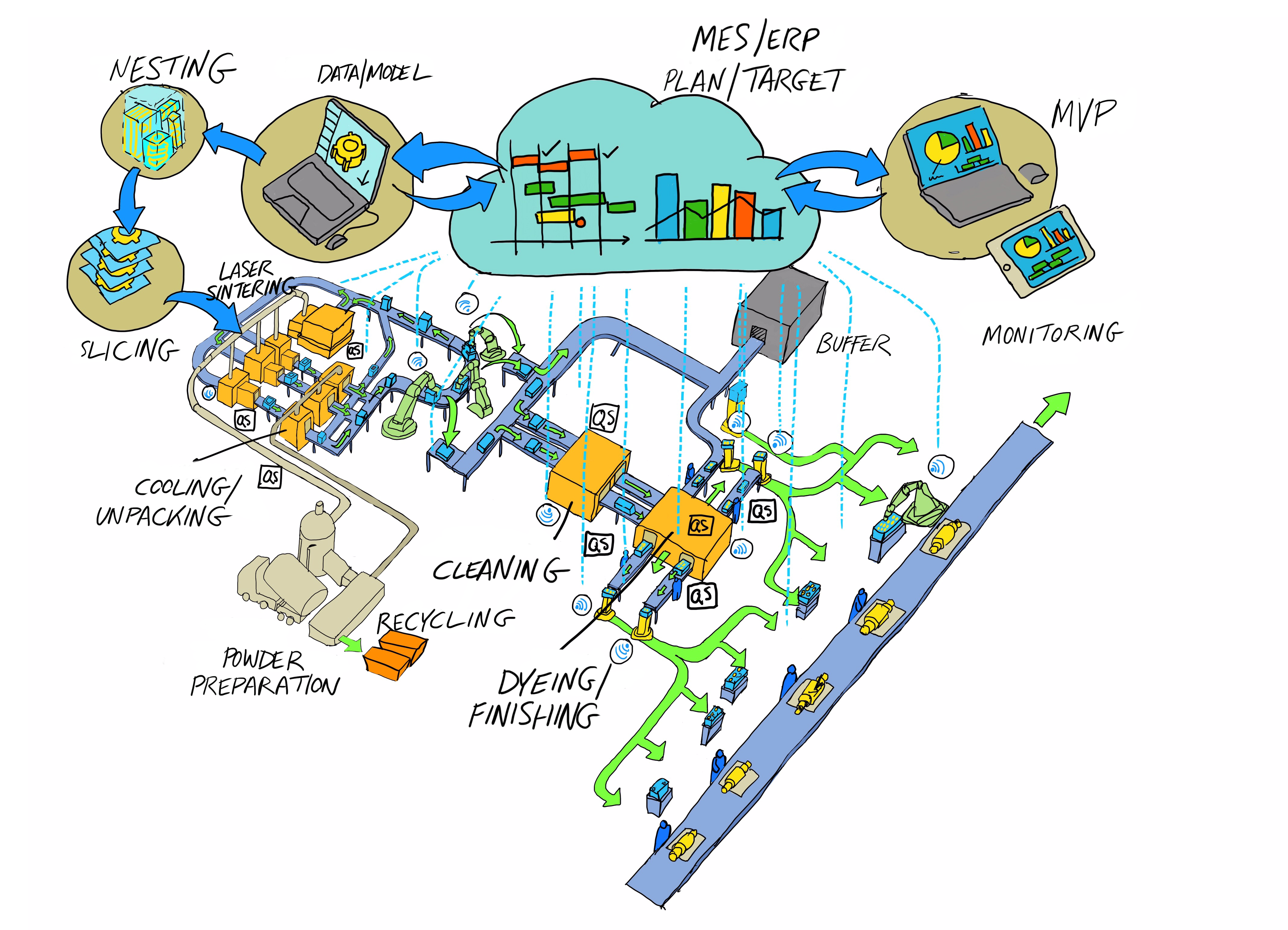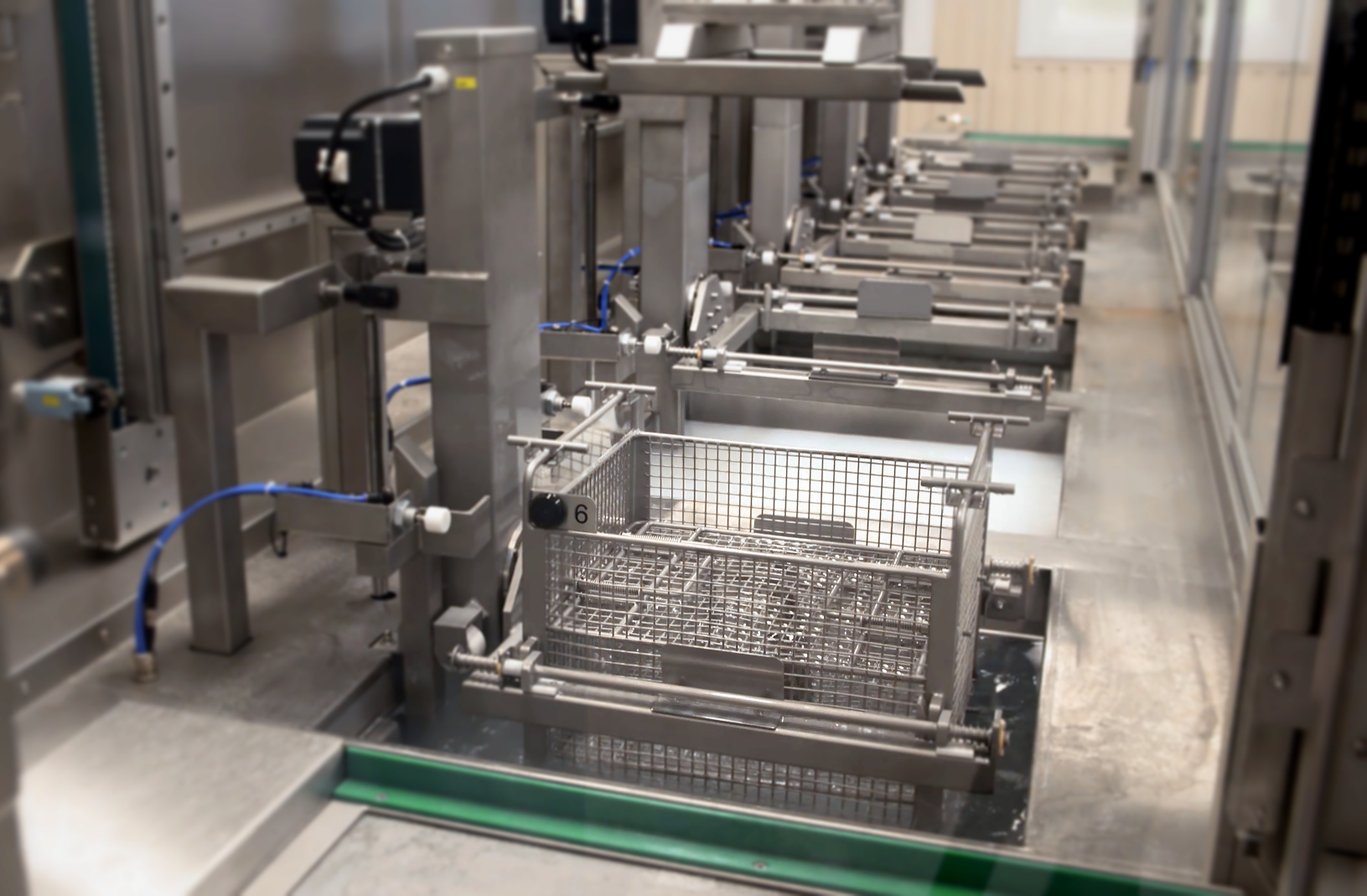In the area of component cleaning or finishing, the focus is on technical cleanliness. In addition to the increasing demand for additive manufacturing, the requirements for technical cleanliness with regard to finishing processes have risen sharply in recent years. Due to the advantage of additive manufacturing of being able to produce complex structures, there is also the disadvantage of process-related accumulation of impurities in fine and therefore difficult to access spaces or channels in the component. In addition, the increase in the variety of parts poses a challenge for component cleaning. The diverse spectrum of product groups, series and quality levels (e.g. degree of contamination) requires specific cleaning steps in each case, whereby the associated product variants result in many process variants for additive production.
Although component cleaning in particular represents a decisive process in additive manufacturing, this area has been mostly neglected up to now due to a lack of well-founded process knowledge in research and industry. For this reason, extensive innovation potentials (e.g. missing specifications, limits of applied cleaning technologies, non-established analytical methods) as well as saving potentials (e.g. time, costs, rejects) are not yet fully exploited today. Therefore, cleaning process chains have to be developed which close procedural gaps and thus enable continuous product engineering and efficiency-enhanced finishing processes of components for industrial applications. In addition, technical cleanliness must be improved, resources saved and the necessary occupational safety ensured.


